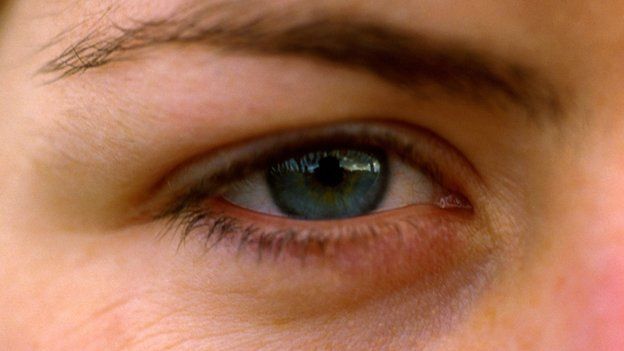Rise of facial recognition queried by US agency
- Published

A government-related agency in the US has suggested lawmakers consider strengthening privacy laws around facial recognition.
Such systems are increasingly being used in public areas, such as shopping centres.
The Government Accountability Office (GAO) did not make specific recommendations but suggested the need for a legal review.
Senator Al Franken said new federal standards were needed.
The report comes a month after privacy campaigners walked out of discussions on creating a code of conduct for private companies wishing to use facial-recognition technology.
Legal loopholes
The GAO report pointed out that there was currently a dearth of relevant legislation in the United States on the issue.
"No federal privacy law expressly regulates commercial uses of facial-recognition technology, and laws do not fully address key privacy issues stakeholders have raised," it said.
The GAO's report had originally been requested by Senator Franken, who released a statement following the document's publication.
"Facial recognition tracks you in the real world - from cameras stationed on street corners and in shopping centres, and through photographs taken by friends and strangers alike," he said.
Senator Franken added that he believed technology companies should adopt industry-wide standards for facial-recognition systems. He also called for federal standards which would protect consumers.
UK debate
Executive director of the Open Rights Group Jim Killock said that UK laws were also lacking when it came to protecting users from certain uses of the technology.
"If private companies are gathering our images, it's almost impossible for us to give our 'consent' for them to fairly use and process our personal data as required by the Data Protection Act.
"The ICO needs to ensure that both private and public bodies do not introduce massive unregulated surveillance," he said.
In June, Leicestershire Police defended itself after the force was criticised for using facial recognition to scan the faces of 90,000 festival-goers in one weekend.
The scans were checked against a list of wanted criminals in Europe.
- Published30 July 2015
- Published17 June 2015
- Published17 July 2015
- Published15 June 2015